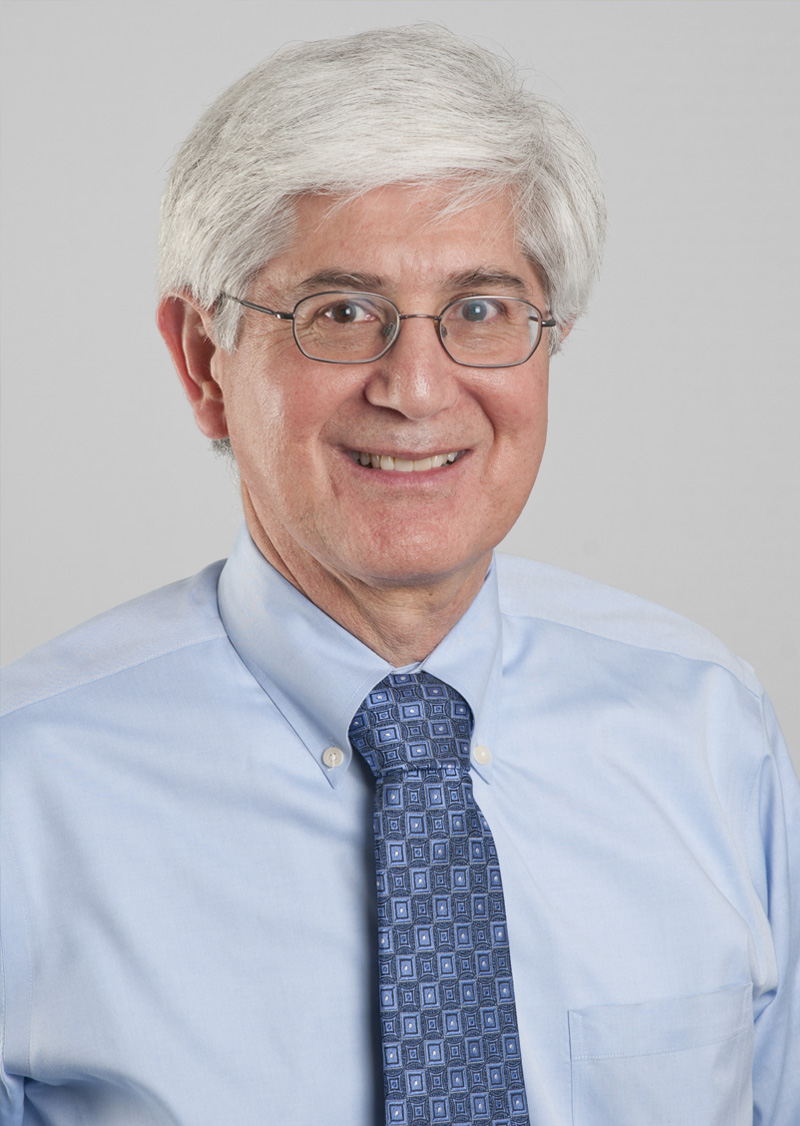
David Njus
Professor Emeritus
313-577-3105
313-577-6891 (fax)
0162 Biological Sciences
Department
David Njus
Research interest(s)/area of expertise
-
Cellular mechanisms of Parkinson's Disease
-
Mitochondrial function and aging
-
Non-enzymatic redox reactions and oxidative stress
Education
- B.S., Physics, Massachusetts Institute of Technology, 1970;
- Ph.D. Biophysics, Harvard University, 1975;
- Postdoctoral, Biochemistry, Oxford University, 1975-78
Selected publications
- Njus, D., Asmaro, K. Li, G, and Palomino, E. (2023) Redox cycling of quinones reduced by ascorbic acid, Chemico-Biological Interactions 373, 110397. https://doi.org/10.1016/j.cbi.2023.110397
- Marwah, P.K., Paik, G., Issa, C.J., Jemison, C.C., Qureshi, M.B., Hanna, T.M., Palomino, E., Maddipati, K.R. and Njus, D. (2022) Manganese-stimulated redox cycling of dopamine derivatives: Implications for manganism, Neurotoxicology, 90, 10-18. doi:10.1016/j.neuro.2022.02.007
- Njus, D., Kelley, P.M., Tu, Y.T., and Schlegel, H.B. (2020) Ascorbic Acid: The Chemistry Underlying Its Antioxidant Properties, Free Rad. Biol. Med. 159, 37-43. doi: 10.1016/j.freeradbiomed.2020.07.013
- Mehta, N.J., Marwah, P.K., and Njus, D. (2019) Are Proteinopathy and Oxidative Stress Two Sides of the Same Coin? Cells 8, 59. doi:10.3390/cells8010059
- Tu, Y.J., Njus, D., and Schlegel, H. B. (2017) A theoretical study of ascorbic acid oxidation and HOO• / O2-• radical scavenging, Org. Biomol. Chem. 15, 4417 – 4431
- Mehta, N.J., Asmaro, K., Hermiz, D.J., Njus, M.M., Saleh, A.H., Beningo, K.A., and Njus, D. (2016) Hypochlorite converts cysteinyl-dopamine into a cytotoxic product: A possible factor in Parkinson’s Disease, Free Radical Biology & Medicine 101, 44-52